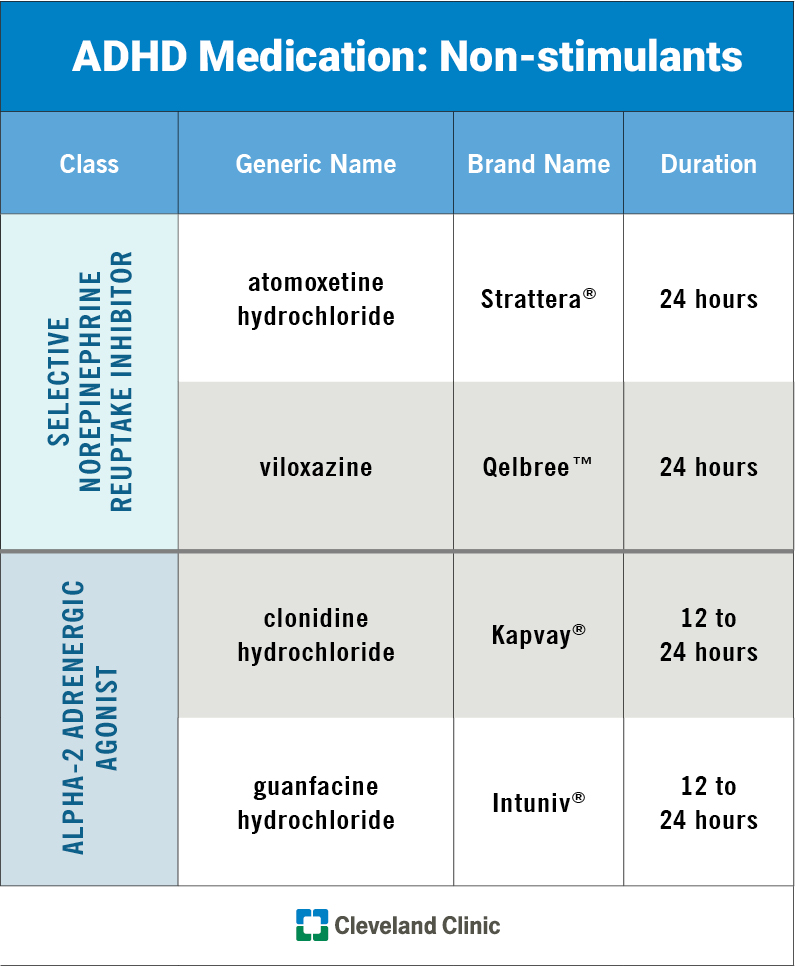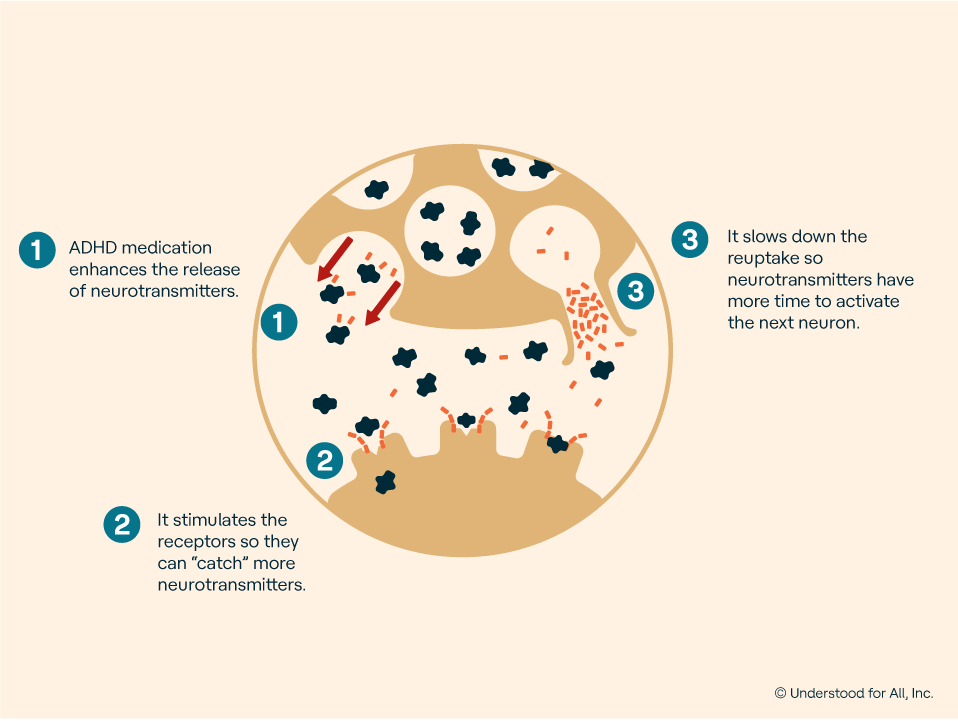Your Guide to Finding the Right ADHD Treatment for Long-term Outcomes
Browsing the complexities of ADHD therapy requires a nuanced understanding of both the condition and the myriad options available for efficient monitoring. It is important to acknowledge that what help one individual might not always generate the exact same outcomes for one more. Hence, a tailored method-- incorporating expert support, drug, behavioral methods, and way of living adjustments-- comes to be vital. The trip towards recognizing the most suitable therapy strategy can be filled with challenges. What are the crucial variables that affect successful results, and how can people guarantee they get on the right course?
Understanding ADHD and Its Effect

In grownups, ADHD can lead to challenges in office atmospheres, affecting productivity, time administration, and interpersonal connections. Usually, undiagnosed or poorly took care of ADHD can add to co-occurring psychological health and wellness issues, such as stress and anxiety and clinical depression, further complicating a person's total well-being.
The societal assumption of ADHD can differ, bring about preconception and misconception, which might hinder people from looking for aid. As recognition expands, it is necessary to promote an environment that advertises understanding and support for those influenced by ADHD, highlighting the need for accurate diagnosis and tailored techniques to mitigate its influence on daily life.
Introduction of Treatment Options
A detailed approach to treating ADHD includes a range of choices customized to the person's distinct requirements. These options can extensively be categorized right into behavioral interventions, psychoeducation, and way of living alterations, together with pharmacological therapies that might be explored later.
Behavior treatments, such as cognitive-behavioral therapy (CBT), concentrate on modifying specific behaviors and creating coping methods to manage signs and symptoms efficiently. Psychoeducation plays a critical role in encouraging both individuals and their family members by offering details regarding ADHD, its obstacles, and reliable strategies for support.
Way of living modifications can dramatically impact ADHD monitoring. Routine physical activity, a balanced diet regimen, and sufficient rest add to overall health and symptom control. Mindfulness practices and leisure methods can additionally improve emphasis and reduce impulsivity.
Assistance groups and household treatment can cultivate a sense of neighborhood and understanding, assisting individuals feel less separated in their experiences. Each therapy option must be considered in combination with the individual's preferences and scenarios, guaranteeing an all natural strategy that promotes lasting success. Eventually, the goal is to produce a customized treatment strategy that addresses the details challenges connected with ADHD while improving general lifestyle.
Medication: Benefits And Drawbacks
Medication plays an essential duty in the treatment of ADHD, with countless choices readily available that can considerably relieve symptoms for several people. Stimulants, such as methylphenidate and amphetamines, are generally recommended and have actually revealed effectiveness in enhancing emphasis, reducing impulsivity, and improving general habits. These medications function by boosting dopamine and norepinephrine degrees in the mind, which are typically dysregulated in those with ADHD.
Some people might experience side results, consisting of insomnia, lowered appetite, or raised stress and anxiety. Furthermore, not all individuals respond to stimulant medications, leading some to discover non-stimulant options, which might have a postponed start of action or various side impacts.
It is essential for people and their families to consider these advantages and disadvantages thoroughly. Balancing the benefits of signs and symptom management versus potential adverse effects is critical for achieving ideal therapy outcomes. Cooperation with doctor can promote educated choices, guaranteeing that drug belongs to a detailed ADHD management strategy.
Behavior Modification Methods

One typically employed approach is Cognitive Behavior modification (CBT), which helps individuals determine and change adverse thought patterns that add to ADHD-related obstacles. Therapist for ADHD. Via dr avdesh sharma CBT, clients discover to establish practical goals, take care of time successfully, and establish business systems
Another reliable technique is Parent Administration Training (PMT), which informs parents on exactly how to reinforce favorable habits and reduce adverse ones through constant discipline and interaction strategies. This approach cultivates a helpful home atmosphere that motivates behavior enhancements.
Social abilities training is also important, aiding individuals with ADHD browse social communications better. Role-playing and modeling proper actions can enhance social capability and decrease anxiety in social situations.
Way Of Life Adjustments for Better Management
How can way of life adjustments considerably enhance the administration of ADHD signs? Implementing critical way of living adjustments can bring about considerable improvements in focus, organization, and psychological regulation for people with ADHD.
Firstly, establishing a structured everyday routine helps in creating predictability, which can ease sensations of bewilder. Consistent timetables for dishes, research study, and sleep can boost day-to-day performance.
Incorporating routine physical activity is likewise important, as workout has been shown to improve dopamine degrees, enhancing interest and motivation (Therapist for ADHD). Going for a minimum of half an hour of modest exercise her comment is here most days can be helpful
Nourishment plays a critical role. A balanced diet rich in omega-3 fatty acids, whole grains, and protein can sustain cognitive feature. Restricting processed sugars and caffeine might reduce symptoms, as these can bring about power crashes and impatience.
Final Thought
Finally, discovering the best ADHD treatment demands a complex technique that considers private needs and choices. A mix of medication, behavior modification, and way of life modifications can dramatically improve symptom monitoring and more helpful hints general wellness. Taking part in psychoeducation and establishing organized routines better supports effective therapy methods. Collaboration with healthcare specialists and open communication with support networks are necessary components in browsing the complexities of ADHD monitoring, eventually leading to enduring results and boosted quality of life.